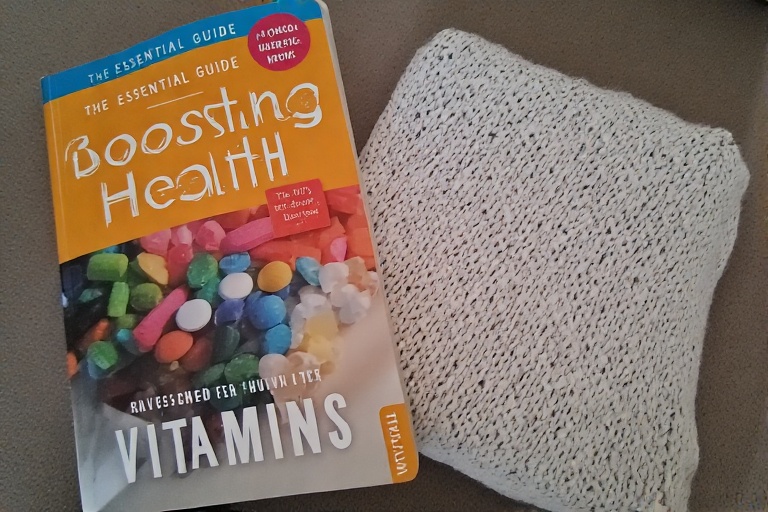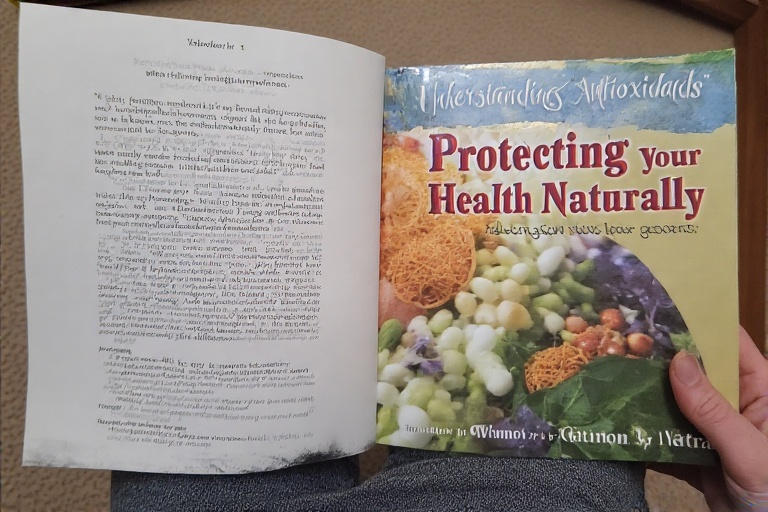
The Vital Role of Minerals in Maintaining Health
Onethink
- 0
Minerals are essential nutrients that our bodies require to function optimally. Unlike vitamins, minerals are inorganic elements found naturally in the earth, soil, and water, and they enter the food chain through plants and animals. These micronutrients support a wide range of physiological processes, from bone strength to nerve function. Whether you are planning a trip and want to avoid CAMBODIA VISA MISTAKES or preparing for your CAMBODIA VISA ON ARRIVAL, understanding minerals can help you maintain your health and vitality wherever you are.
What Are Minerals and Why Are They Important?
Minerals are naturally occurring elements required in small amounts for vital bodily functions. They are broadly classified into two categories:
- Macrominerals: Needed in larger amounts, such as calcium, potassium, sodium, magnesium, phosphorus, and sulfur.
- Trace minerals: Required in smaller amounts, including iron, zinc, copper, manganese, iodine, selenium, and fluoride.
Each mineral plays a unique role in maintaining the body’s structure and function, contributing to everything from muscle contraction and enzyme activation to maintaining fluid balance and supporting the immune system.
Key Minerals and Their Health Benefits
Understanding the function of essential minerals helps you appreciate why a balanced diet or proper supplementation is necessary.
- Calcium: The most abundant mineral in the body, calcium is critical for building and maintaining strong bones and teeth. It also supports muscle function and nerve transmission.
- Iron: Vital for the production of hemoglobin, the protein in red blood cells that carries oxygen throughout the body. Iron deficiency can lead to anemia, causing fatigue and weakness.
- Magnesium: Involved in over 300 enzymatic reactions, magnesium supports muscle and nerve function, energy production, and bone health.
- Potassium: Helps regulate fluid balance, muscle contractions, and nerve signals. Adequate potassium intake is important for heart health.
- Zinc: Plays a crucial role in immune function, wound healing, DNA synthesis, and cell division.
- Iodine: Essential for thyroid hormone production, which regulates metabolism and growth.
- Selenium: Acts as an antioxidant, protecting cells from damage and supporting immune health.
How to Get Enough Minerals
Minerals are found in a variety of foods, including:
- Dairy products, leafy green vegetables, and fortified foods for calcium.
- Red meat, beans, lentils, and spinach for iron.
- Nuts, seeds, whole grains, and green vegetables for magnesium.
- Fruits such as bananas and oranges for potassium.
- Seafood, meats, and whole grains for zinc and selenium.
- Iodized salt to ensure adequate iodine intake.
Despite a balanced diet, certain health conditions, lifestyle factors, or dietary restrictions may lead to mineral deficiencies. In such cases, supplements or fortified foods can help meet nutritional needs.
Minerals and Travel Health
Traveling, especially internationally, can affect your dietary habits and access to familiar foods. If you are preparing for your CAMBODIA VISA ON ARRIVAL or want to avoid CAMBODIA VISA MISTAKES during your stay, maintaining mineral balance is vital for your energy, immunity, and overall well-being.
During long trips or exposure to new environments, minerals like magnesium and potassium can help prevent muscle cramps and support hydration. Iron and zinc are essential for fighting infections and keeping your immune system strong in unfamiliar settings.
Signs of Mineral Deficiencies
Recognizing symptoms of mineral deficiencies can prevent long-term health problems:
- Calcium deficiency may lead to brittle bones and osteoporosis.
- Iron deficiency often results in fatigue, weakness, and pale skin.
- Magnesium shortage can cause muscle spasms, headaches, and anxiety.
- Low potassium levels might cause irregular heartbeat or muscle weakness.
- Zinc deficiency can impair wound healing and lower immunity.
If you experience any of these symptoms, consulting a healthcare provider for proper testing and treatment is essential.
Conclusion: Minerals as a Foundation for Health
Minerals are indispensable for sustaining life and promoting optimal health. They work alongside vitamins and other nutrients to support essential bodily functions. Paying attention to your mineral intake, especially when traveling or managing dietary restrictions, helps you stay energized, focused, and healthy.
When preparing your documents and travel plans—such as ensuring your CAMBODIA VISA ON ARRIVAL process goes smoothly—don’t forget the importance of nutrition. Proper mineral intake is a simple but powerful step toward maintaining your health no matter where your journey takes you.


